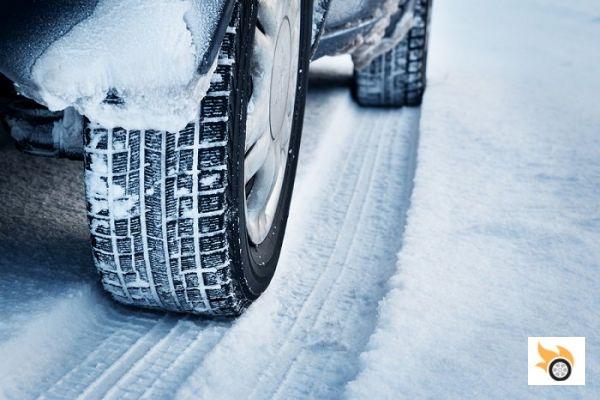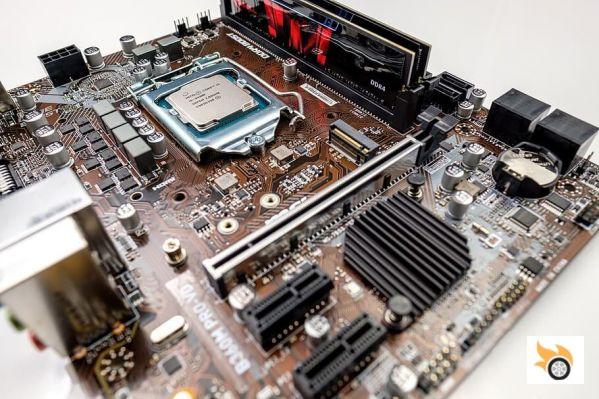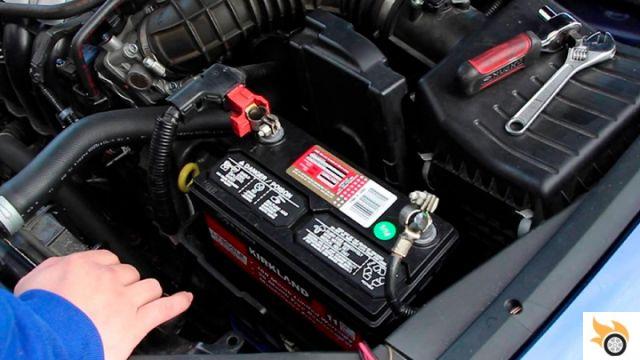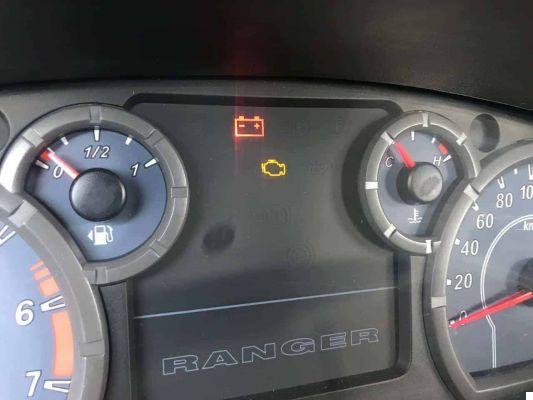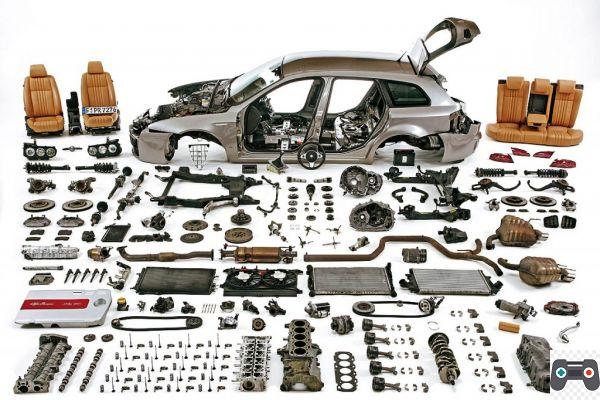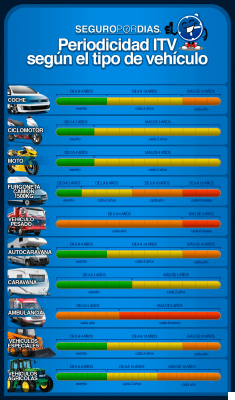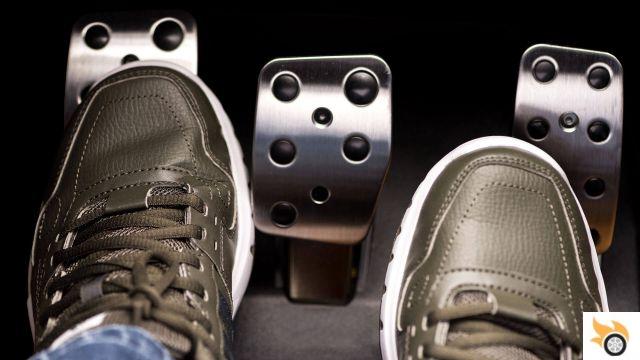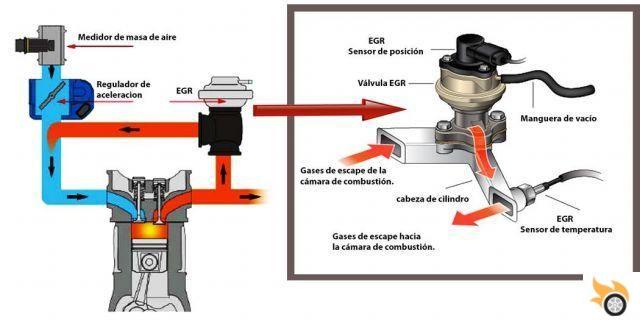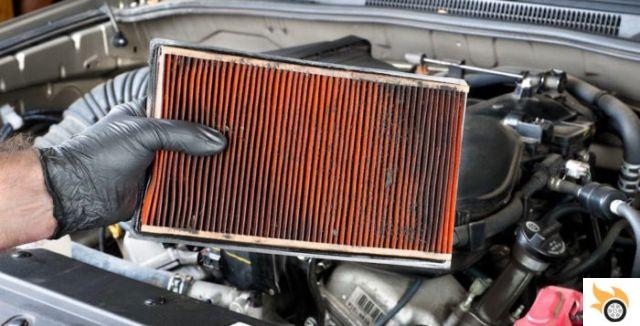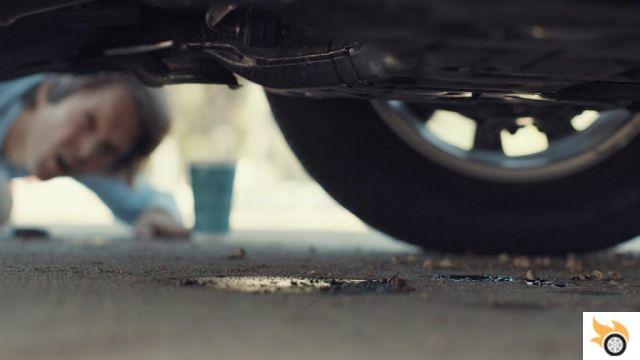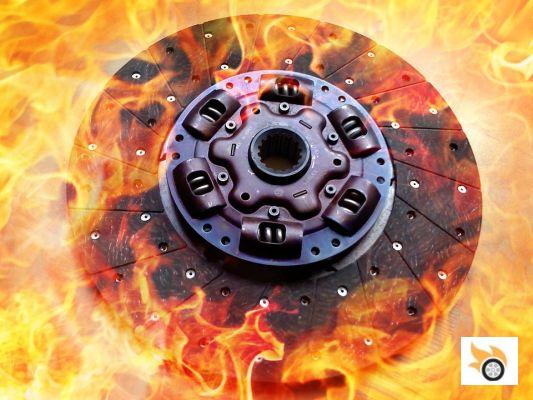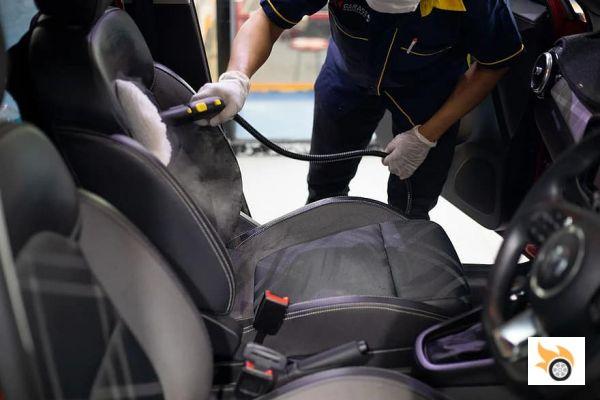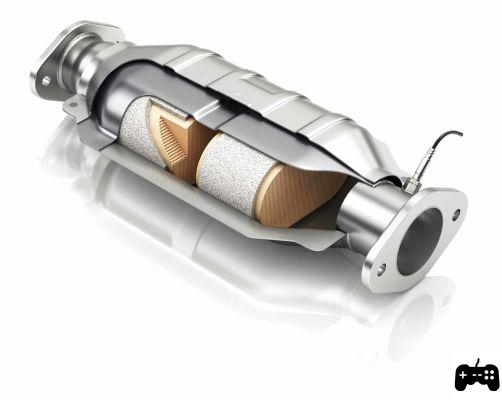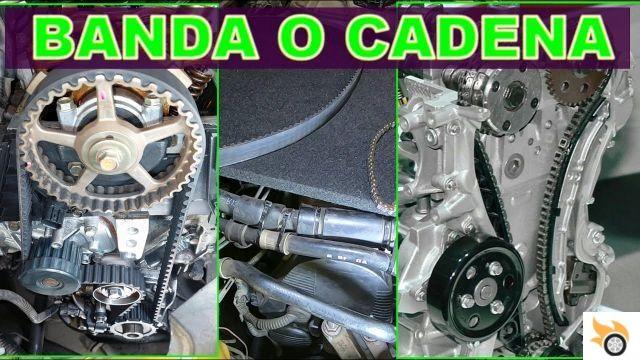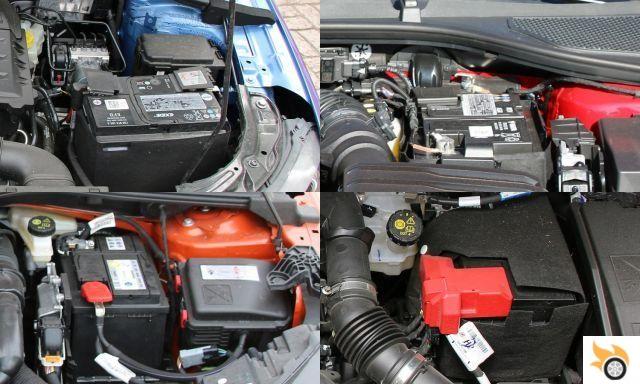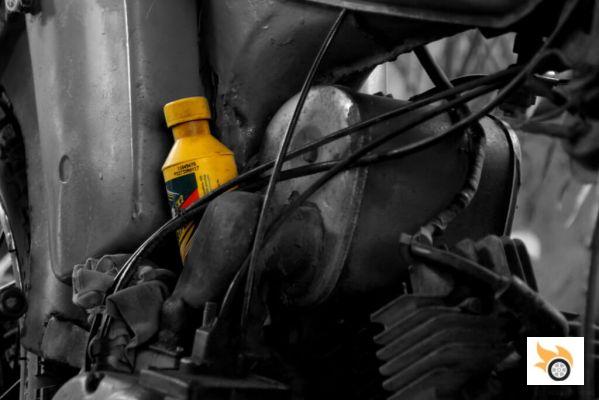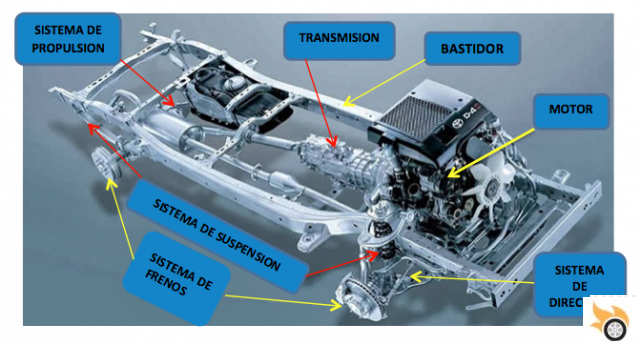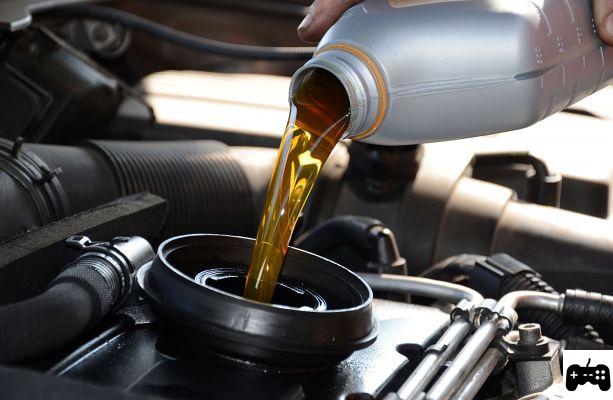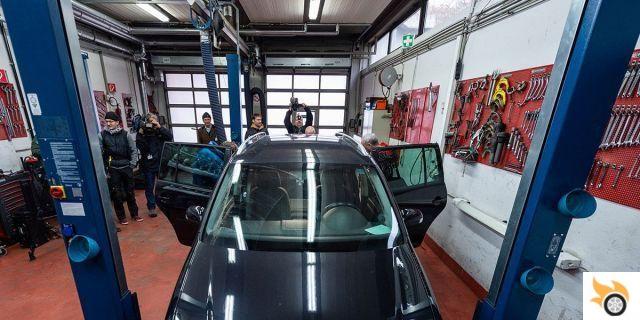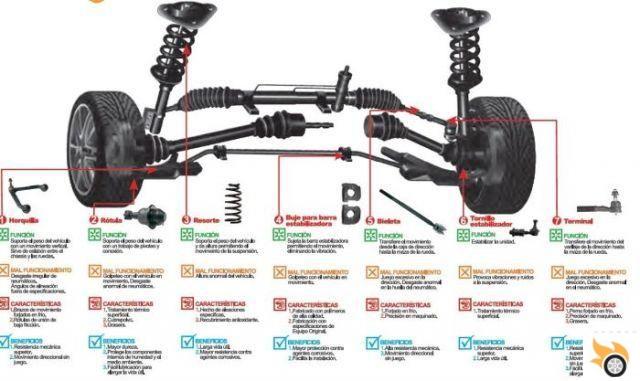
Introduction
Welcome to Pistonudos.com, where we are passionate about the world of automobiles and we want to share with you valuable information about the components of a vehicle and their importance. In this article, we will explore the different parts of a car, their function, and the importance of checking them before using the vehicle. We'll also cover some auto mechanic basics so you can better understand how your car works. Let's get started!
Parts and components of a car
A car is made up of numerous parts and components that work together to ensure its proper functioning. Next, we will mention some of the most important parts:
Motor
The engine is the heart of the car. It is in charge of converting the energy of the fuel into movement, providing the necessary power for the vehicle to move. There are different types of engines, such as internal combustion and electric.
Transfer
The transmission is the system that allows the power generated by the engine to be transferred to the wheels of the car. It can be manual or automatic, and its main function is to change gears to adapt to different driving conditions.
Braking system
The braking system is essential for the safety of the vehicle. It is made up of different components, such as discs, pads, and calipers, that work together to stop the car when pressure is applied to the brake pedal.
Suspension
The suspension is responsible for providing a smooth and comfortable ride. It is made up of shock absorbers, springs and stabilizer bars, which absorb the impacts of the road and keep the wheels in contact with the ground.
Importance of checking the components before using the vehicle
It is essential to carry out periodic inspections of the components of a car before using it. This guarantees its correct operation and prevents possible breakdowns or accidents. Next, we will highlight the importance of reviewing some of the most critical components:
Tires
Tires are the only point of contact between the car and the road. It is essential to check its pressure, wear and alignment to ensure optimal grip and avoid blowouts or skidding.
Brakes
A well-maintained brake system is vital to safety. It is important to regularly check the thickness of the pads, the condition of the discs and the brake fluid level to ensure that the vehicle can be stopped effectively in any situation.
Liquids
The car uses different fluids, such as engine oil, coolant fluid, and power steering fluid. It is essential to regularly check the levels and quality of these fluids to ensure optimum vehicle performance and prevent further damage.
Lights
Car lights are essential for visibility and safety. Before using the vehicle, it is important to check that all lights, including headlights, brake lights, and turn signals, are working properly.
Basic concepts of automotive mechanics
To better understand how a car's components work, it helps to have some basic knowledge of auto mechanics. Next, we will briefly explain some key concepts:
Ignition system
The ignition system is responsible for starting the operation of the engine. It is made up of the battery, the starter motor and the spark plugs, which generate the spark necessary to ignite the fuel in the cylinders.
Refrigeration system
The cooling system keeps the engine temperature within proper limits. It is made up of a radiator, a water pump and a thermostat, which work together to dissipate the heat generated by the engine.
Direction system
The steering system allows the driver to control the direction of the vehicle. It can be hydraulically or electrically assisted, and is made up of a steering box, a steering column and different components that transmit movement to the wheels.
Exhaust system
The exhaust system is responsible for eliminating exhaust gases generated by the engine. It is made up of the exhaust manifold, the catalytic converter and the muffler, which reduce noise and control polluting emissions.
Frequently Asked Questions (FAQs)
1. What is the average life of the tires?
Tire life can vary depending on the type of driving, road conditions and proper maintenance. In general, it is recommended to replace tires every 40,000 to 60,000 kilometers or every 3 to 5 years, even if the tread pattern still appears to be in good condition.
2. When should I change the engine oil?
The engine oil change interval can vary depending on the manufacturer and the type of oil used. In general, it is recommended to change the oil every 5,000 to 10,000 kilometers or every 6 months, whichever comes first. However, it is important to consult your vehicle's owner's manual for specific recommendations.
Conclusion
In summary, knowing the components of a car and understanding its importance is essential to keep a vehicle in good condition and ensure safety on the road. Performing regular checkups, paying attention to detail, and understanding the basics of auto mechanics are key steps in keeping your car in top condition. We hope this article has been helpful and that you now have a better understanding of the components of a car. If you have any questions or comments, don't hesitate to write to us. We are here to help you!
Until next time!
The Pistonudos.com team




